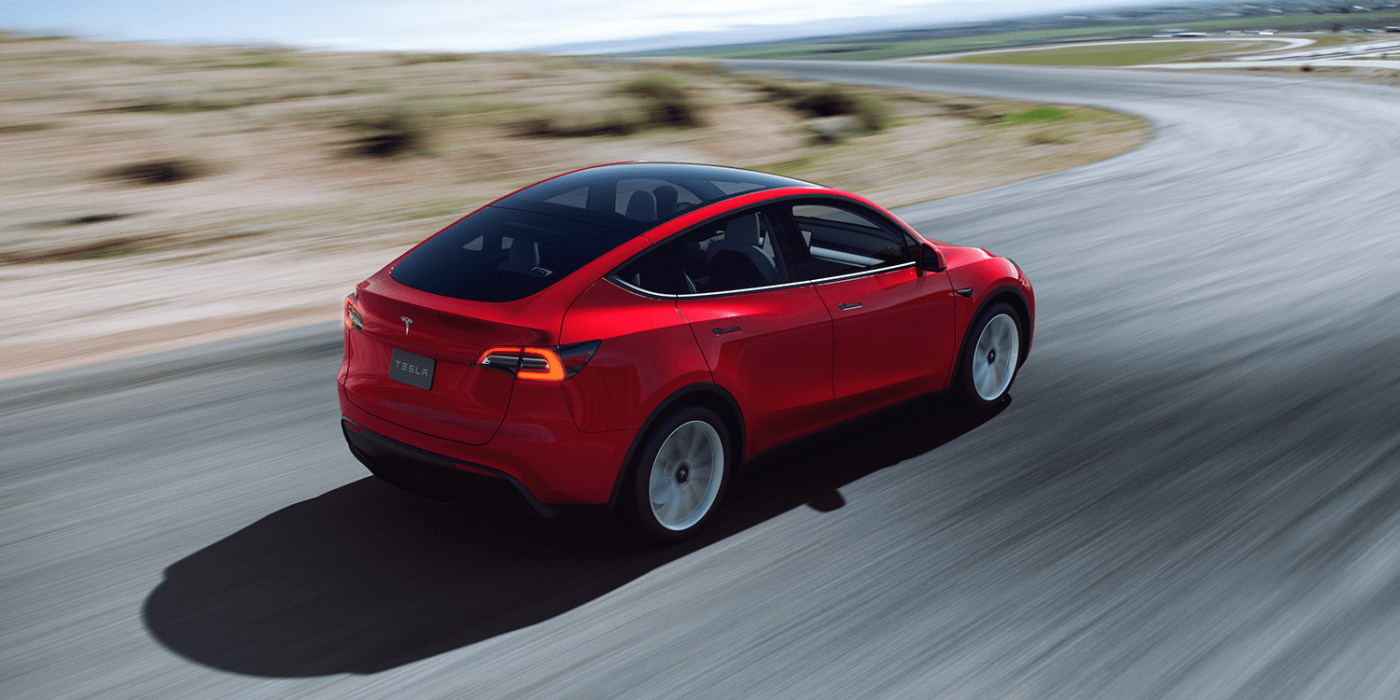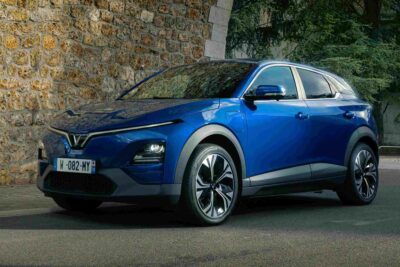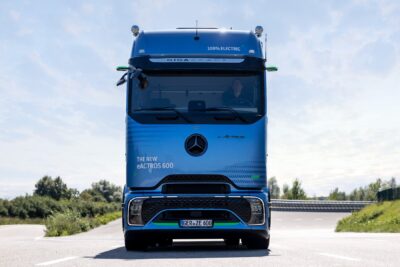Norway marks 11,811 new EV registrations in August
In Norway, 11,811 new electric cars were registered in August. The share of electric cars in new passenger car registrations was 71.9 per cent last month. Norway’s most successful model across all drive types in August was the Tesla Model Y with 1,308 new registrations.
Compared to August 2020 (5,704 new registrations), the 11,811 electric cars were an increase of 107 per cent. At that time, the electric car share of Norwegian new registrations was 52.8 per cent. In July 2021, 6,731 new electric cars were still registered in Norway, but new registrations generally decreased in July, possibly due to holidays.
According to a statement by the Norwegian Road Information Authority (OFV), a total of 66,612 electric cars were newly registered in the current year, which corresponds to a market share of 60 per cent.
The 11,811 electric cars were joined by 2,599 plug-in hybrids in August, with a market share of 15.8 per cent. Overall, 87.7 per cent of all new passenger cars in Norway had an external charging connection in August (July: 84.6 per cent), while the market shares of pure petrol and diesel passenger cars remain at a low level – the petrol market share improved slightly to 4.6 per cent, while pure diesel vehicles only reached 3.2 per cent market share.
The data for the best-selling models is not ideal this month. The SFO only reports the 20 best-selling models of the current year, in this case the cut-off is 1,404 vehicles – the Hyundai Ioniq 5 and Toyota C-HR share 20th place. According to this table, the Ford Mustang Mach-E would be the best-selling model across all drive types with 907 units in August.
However, August also saw the start of deliveries of the Tesla Model Y in Europe. According to the portal EU EVs, 1,308 Model Ys were registered in Norway in August, which would mean the top spot, but is still too few to appear in the OFV’s top 20. The Mustang Mach-E, however, is listed here with only 896 units.
The OFV statistics also deviate slightly from the values for EU EVs in the other rankings, but the trend is the same: the VW ID.4 is in third place with 861 new registrations, ahead of the Tesla Model 3 (774 new registrations) and the Toyota RAV4 (721) as the first non-BEV.
The VW ID.3 came in at 649 new registrations, followed by the Hyundai Ioniq 5 with 631 new registrations in August. Then there is another major discrepancy between the data of the OFV and those of “EU EVs”: the authority then lists the Audi e-tron quattro with 565 new registrations. In EU EVs, however, the e-tron is only listed with 474 units. Still ahead of it, with 587 new registrations, is the Audi Q4 e-tron, which should still be outside the top 20 in the SFO statistics for the current year.
In the current year, the Tesla Model 3 is in the lead, with 7,048 units, giving the Model 3 alone a market share of 6.4 per cent. It is followed by the RAV4 (6,515 units) ahead of the VW ID.4 (5,630 vehicles) and the Volvo XC40 (4,995 vehicles, but with an unclear split between internal combustion, PHEV and BEV). The Mustang Mach-E (4,523 new registrations), the Audi e-tron quattro (4,117), the Mercedes EQC (3,301), the Nissan Leaf (3,184), the Skoda Enyaq (3,148) and the Polestar 2 (2,799) are followed by other BEV-only models.
With reporting by Sebastian Schaal, Germany.
ofv.no, ofv.no (models, both in Norwegian), eu-evs.com





0 Comments